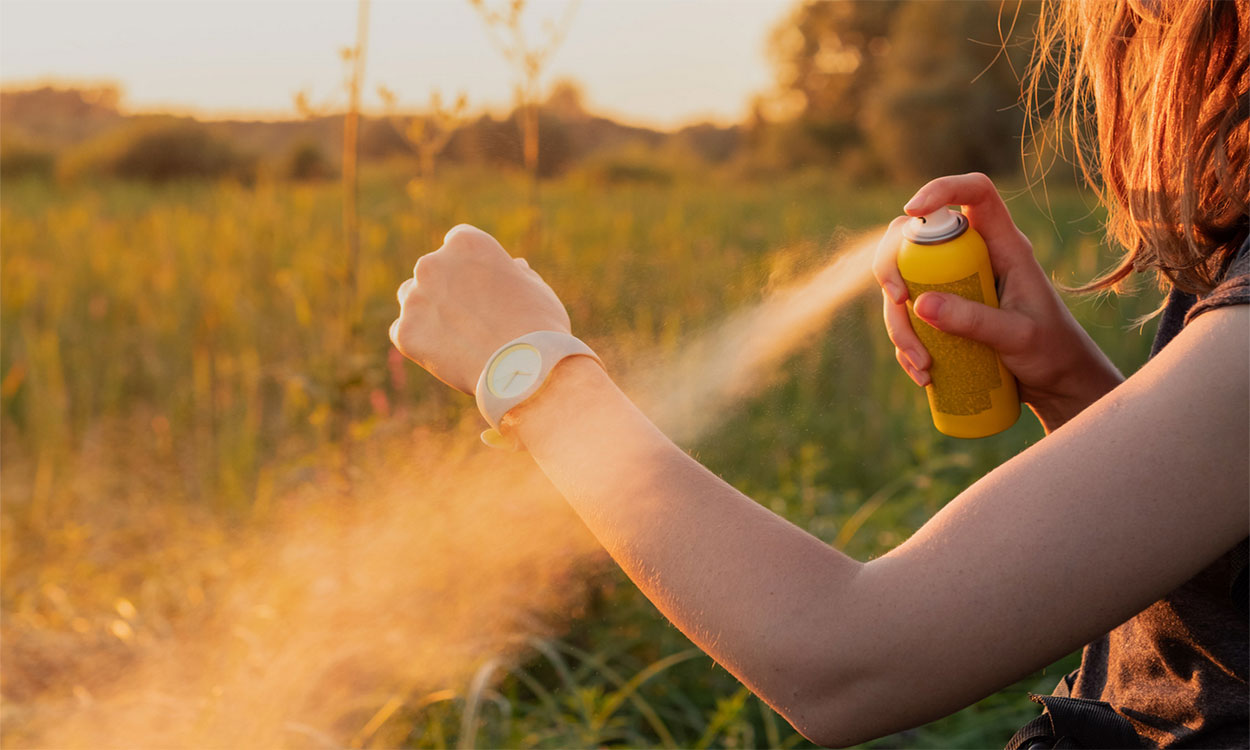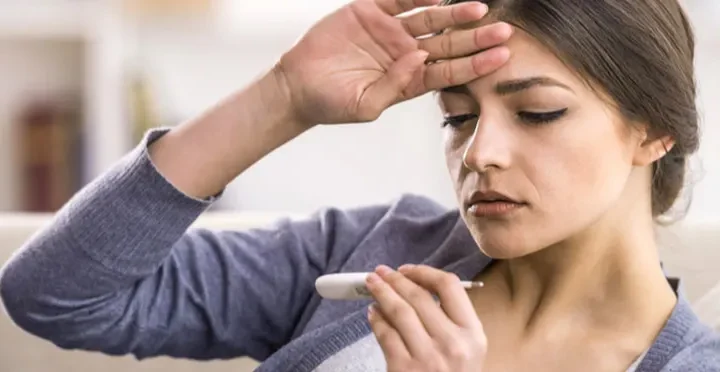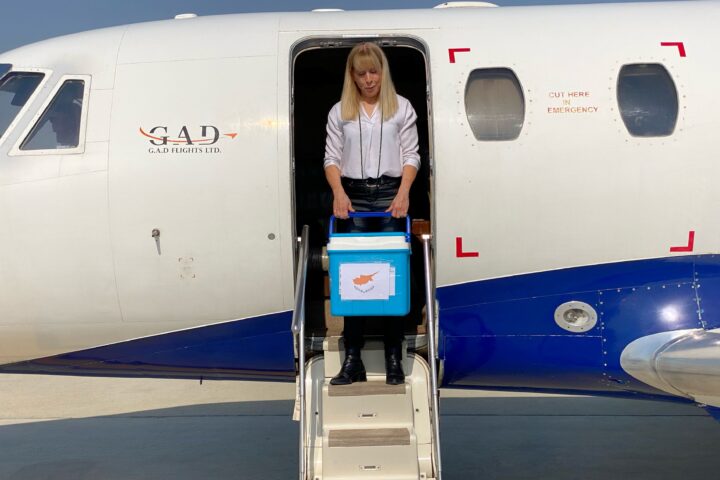Health authorities have confirmed the first case of West Nile Virus this year on the island while reassuring the public that just a fraction of people infected develop serious symptoms.
In a statement on Tuesday, the Health Ministry’s Medical Services said Cyprus has seen sporadic cases of the virus, with one case recorded in 2016, 2018 and 24 in 2019.
The West Nile Virus is mainly transmitted by the bite of infected “common” mosquitoes, said the Medical Services.
Infected people cannot pass on the virus to other people through any kind of contact.
It usually takes 2-14 days (incubation period) until symptoms appear following a bite by an infected mosquito.
In most cases, people infected with the virus develop no symptoms or mild symptoms, while very few (less than 1%) develop a serious disease affecting the nervous system (encephalitis, meningitis, or paralysis).
“Older people (over 50) and people with immunosuppression and chronic underlying diseases are more at risk of becoming seriously ill,” said the announcement.
Mosquitoes become infected when they come into contact with infected birds. Infected mosquitoes can transmit the virus to humans and animals by biting.
In a very small number of cases, West Nile Virus can also be spread directly from an infected person through blood transfusions, organ transplants, breastfeeding and during pregnancy from mother to baby (vertical transmission).
The Medical Services will conduct an epidemiological investigation of each reported case, and additional measures will be taken to combat mosquitoes where appropriate.
Measures include epidemiological surveillance, frequent communication of information with laboratories, and stepping up measures during blood donations and transfusions.
The Health Ministry will also be intensifying efforts to reduce the growth of the mosquito population in Cyprus.
It urged people to take personal measures such as wearing long clothing in areas with a high concentration of mosquitoes.
The ministry recommended the use of insect repellents where the problem is severe.
Insect repellents containing DEET, picaridin, IR3535, or eucalyptus essential oils last longer.
And installation of anti-mosquito nets (screens) that prevent mosquitoes from entering windows and doors in areas with a high density of mosquitoes.










